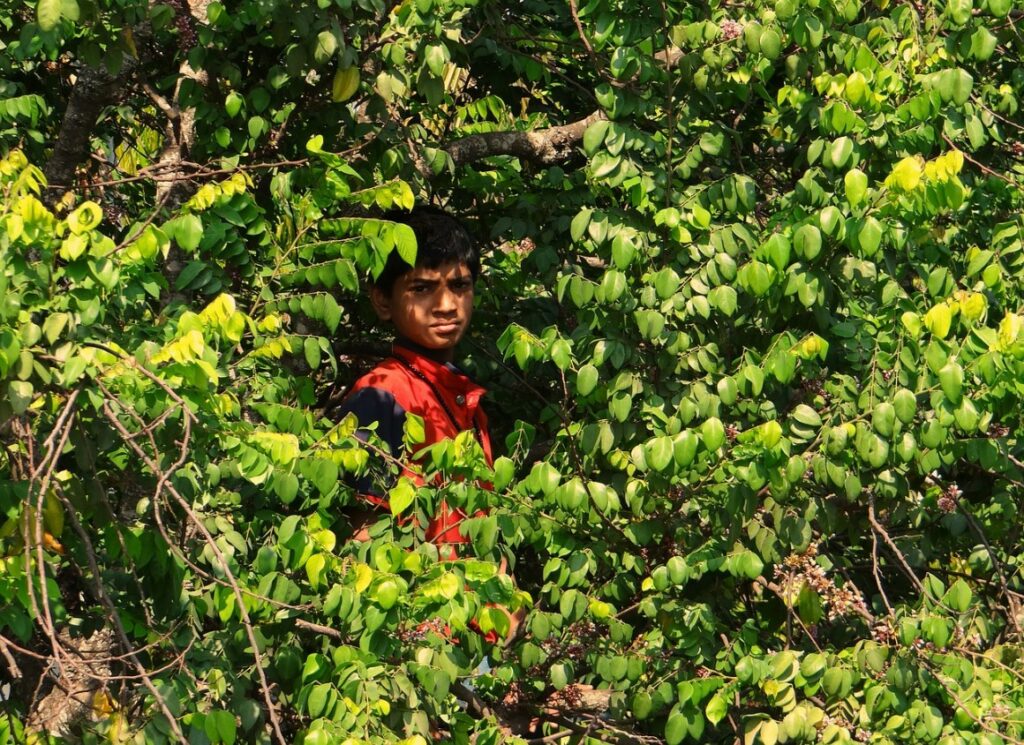Until you dedicate your life to making socially just decisions, don’t fool yourself that planting one tree a year, composting at home or riding a bicycle will somehow help save the environment.

On June 5 – World Environment Day – newspapers and TV channels are likely to be awash with ritualised stories about five or six small things people can do to save the planet. Over the last few days, this author, an environmental activist, has been asked by many people to lay out some things that people can do without really straining their daily schedules. These simple things may not exist anymore. Instead, here are six things for everyone to consider:
1. One keeps hearing about people wanting to do their “bit for the environment.” Doing your bit for the environment was okay during the good old days, when the environment was not in the state that it currently is in. But those good days are now past. Now, there is a doubt about whether our environment will be able to support human life. The scale of the crisis requires us to do more than just “a bit” for the environment. So, let this World Environment Day be the day you take a decision to do more than just a bit for the environment, to dedicate your life to ensuring that your children have a better life than you have had. If you cannot do that, then don’t fool yourself that planting one tree a year, composting at home or riding a bicycle will somehow help save the environment. If you are not challenging those who are killing the planet, you are not doing anything beyond making yourself feel good.
2. Stop saying that you want to save the planet. The planet does not need saving. You do. I do. This job of saving ourselves by maintaining the planet’s life-support system cannot be outsourced to NGOs or activists. You need to get involved.
3. Work with a realisation that prosperity, not poverty, may be the biggest problem. The creation of new wealth – through growth and development – entails new pollution and environmental degradation. What is needed is not creation of new wealth to lift people from poverty, but redistribution of extant wealth equitably to all people. Environmental campaigns also need to be social justice campaigns.
4. Go ahead and ride a bicycle, avoid plastic bags, turn off the tap and switch off electrical devices at home and at work. But don’t fool yourself that your personal lifestyle changes will make the world a better place. To save the world, you need to change the way the world does business and conducts its politics. Get engaged in changing that. Politics without accountability, and business for profit, is making life hell on this planet. If you are not fighting to change that, then you are part of the problem.
5. You can’t fight climate change by changing the electricity source powering your economy. Substituting wind and solar for coal will not help. You cannot power an inherently unsustainable economy with renewable energy. For renewable energy to be part of the solution, the economy and the unsustainable demand has to change. Luxurious consumption cannot be met sustainably in a world where vast inequities exist.
6. Climate change is real, regardless of what Trump thinks. We will be assailed by extreme climate events in the years to come. Heat-waves, cold-waves, heavy rainfall, droughts, super-cyclones and sea-level rise will define new normals. Averting the effects of disastrous climate change may no longer be an option. But protecting yourself from nature’s fury by preventing disastrous land-use change is possible and will be worth your while. Sand dunes and sandy beaches protect us from sea level rise, salinity intrusion and cyclones. Leave the beaches alone. If possible, retreat from the sea. Wetlands and waterbodies harvest the waters from heavy rains, recharge groundwater and turn potential flooding disasters into opportunities. Vegetation – trees, shrubs and grasses – is your insurance against heat, drought and soil loss. Know them, respect them and nourish them.
First published by The Wire